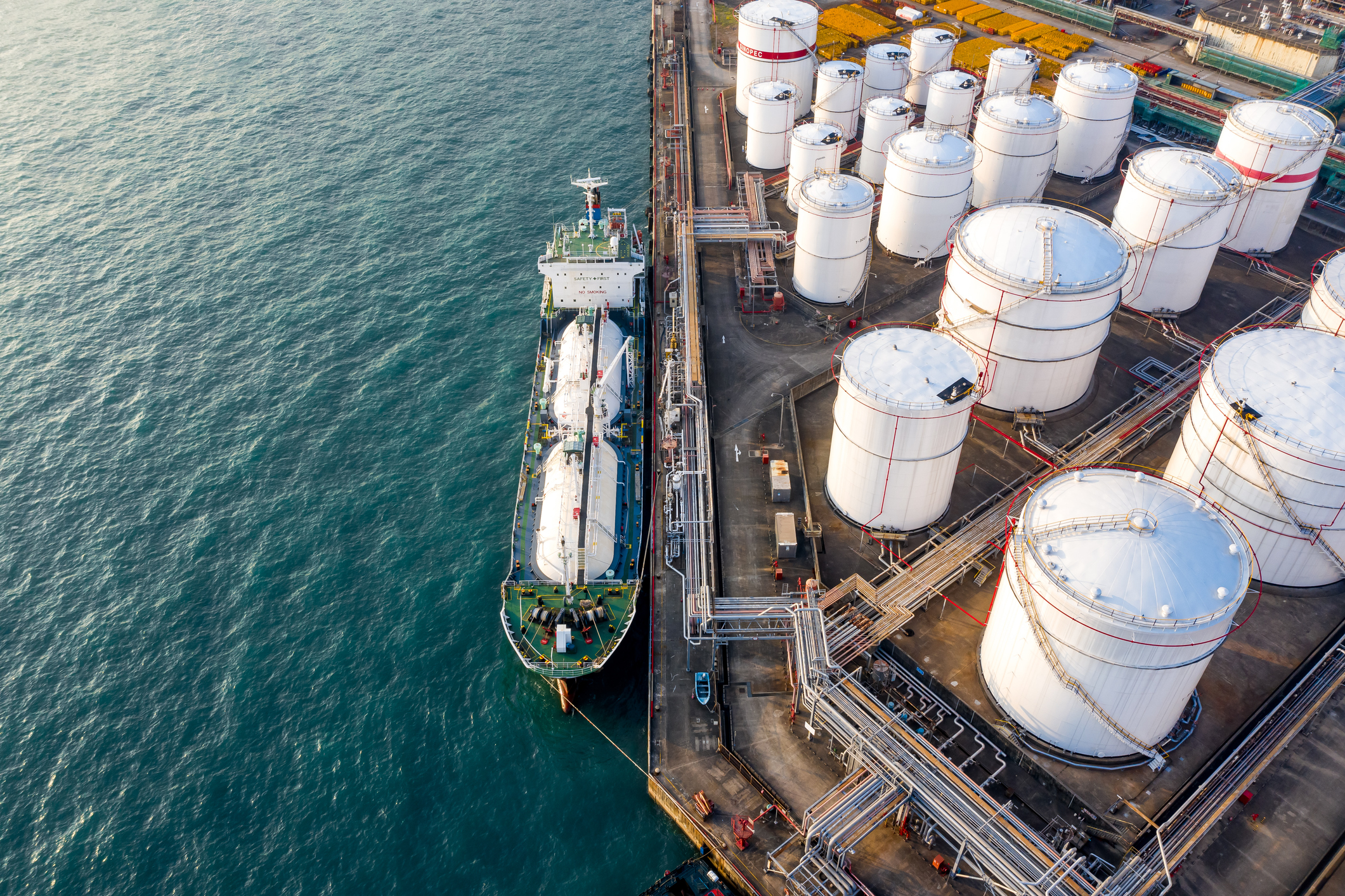This content is also available in: German
E-fuels: as much import as necessary, as sustainable as possible

Preface
On 4 June, the Federal Ministry of Transport in Germany organised an international meeting on the topic of e-fuels for the second time with the participation of representatives from many member states of the European Union. After last year's IAA in Munich served as the backdrop for the "E-Fuels Conference", which focused on the use of synthetic fuels in road transport, this year's " E-Fuels Dialogue" took place in the run-up to the International Aerospace Exhibition (ILA) in Berlin and concentrated on air transport. This reorientation points in the right direction. Because unlike road transport, there will be no climate-neutral alternatives to electricity-based synthetic fuels in aviation - just as in maritime transport - for the time being.
Energy efficiency as the top priority
E-fuels are a rare and precious commodity. Even if production is focussed on indispensable applications such as air travel, the capacities forecasted to be available worldwide to date are far from sufficient. For e-kerosene, this corresponds to just around three per cent of European kerosene demand by 2030. However, the goal is to be completely climate-neutral in the EU by 2050; in Germany by 2045. It is therefore all the more important to rapidly advance the production of e-kerosene, pay attention to energy efficiency and set appropriate priorities in the development of funding instruments and the regulatory framework for e-fuels.
The challenges associated with the global development of e-fuel production have hardly been addressed to date. The so-called sweet spot regions are characterised by particularly high levels of wind or solar radiation and are located in Southern Africa, South America or Australia, for example. Plants for generating renewable electricity there can run for more hours throughout the year. This increases the yield for fuel production and reduces costs. However, in view of the enormous demand, it is also important to use resources carefully in future hydrogen and e-fuel exporting countries.
Access to land, electricity and water
Wind turbines and solar plants in particular supply renewable electricity for the production of hydrogen in electrolysis plants. These require suitable areas. Until now, it has often been assumed that large areas of land worldwide can be used for the expansion of infrastructure for e-fuel production and to cover German or European energy requirements. However, the extent to which land that appears to be a favourable location from afar is available should be decided by the people in the regions.
In addition to the sovereignty and land issue, it is also necessary to clarify how access to electricity and water for hydrogen production should be organised. In many countries that are currently positioning themselves as producers, there is either not yet an efficient power supply for the population or the power supply is based on fossil-fuelled power plants with poor efficiency. In some sweet spot regions with high levels of solar radiation, the risk of water shortages is also considered to be high.
Finally, it must be ensured that the population can benefit from the revenues generated by the export of renewable energy sources following the principles of sustainable economic development. Otherwise, the wealth of globally demanded raw materials could hinder rather than promote the economic development of a country - for example, if production is hardly linked to local economic structures and the revenues do not benefit the region. Further, a high dependency on international market prices can also become a challenge for an economy.
Sustainability criteria open up opportunities
If the transition to a climate-neutral global economy is to be fair, in the sense of a just transition, these social, ecological and economic issues of hydrogen and e-fuel production must be addressed in the exporting countries. It is therefore important to define binding sustainability criteria and implement them with strategies and policy instruments.
Safeguarding human rights in accordance with UN and OECD guidelines should be a top priority. Complaints mechanisms can, for example, help to ensure that the needs of the local population are better taken into account - according to the principle that where investments are made, the people affected in a region must be informed in advance and must give their free consent by majority vote.
The general public should also benefit from investments in energy generation and water treatment. To this end, the state could link the authorisation of e-fuel projects to the requirement that companies plan and build additional capacities for the supply of electricity and water to the population. The projects should also involve local labour and companies and, if possible, also include the further processing of hydrogen into e-fuels for air and sea transport. This strengthens value creation in the producing countries.
Starting points for the federal government
On the road to climate neutrality, Europe needs large quantities of renewably produced hydrogen and e-fuels from other countries. The industry of the future will work best for all sides if it promises benefits for all. The governments invited by the German ministry should therefore have a keen interest in working with the producing countries to create the fairest and most sustainable framework conditions possible. They can already show how serious they are in the E-Fuels Dialogue.
Various policy instruments are available for further implementation of ambitious sustainability standards: loans and guarantees, funding instruments such as the German H2 Global, climate protection agreements, in conjunction with the EU Supply Chain Directive, hydrogen partnerships and development cooperation. In this regard, it is important not just to rely on isolated measures, but to harmonise the effects of market instruments, funding policy and regulatory law across member states. Then e-fuels can be part of a socially and ecologically sustainable global economy.
This text was first published in euractiv.com: https://www.euractiv.com/section/alternative-renewable-fuels/opinion/e-fuels-as-much-import-as-necessary-as-sustainably-as-possible/

